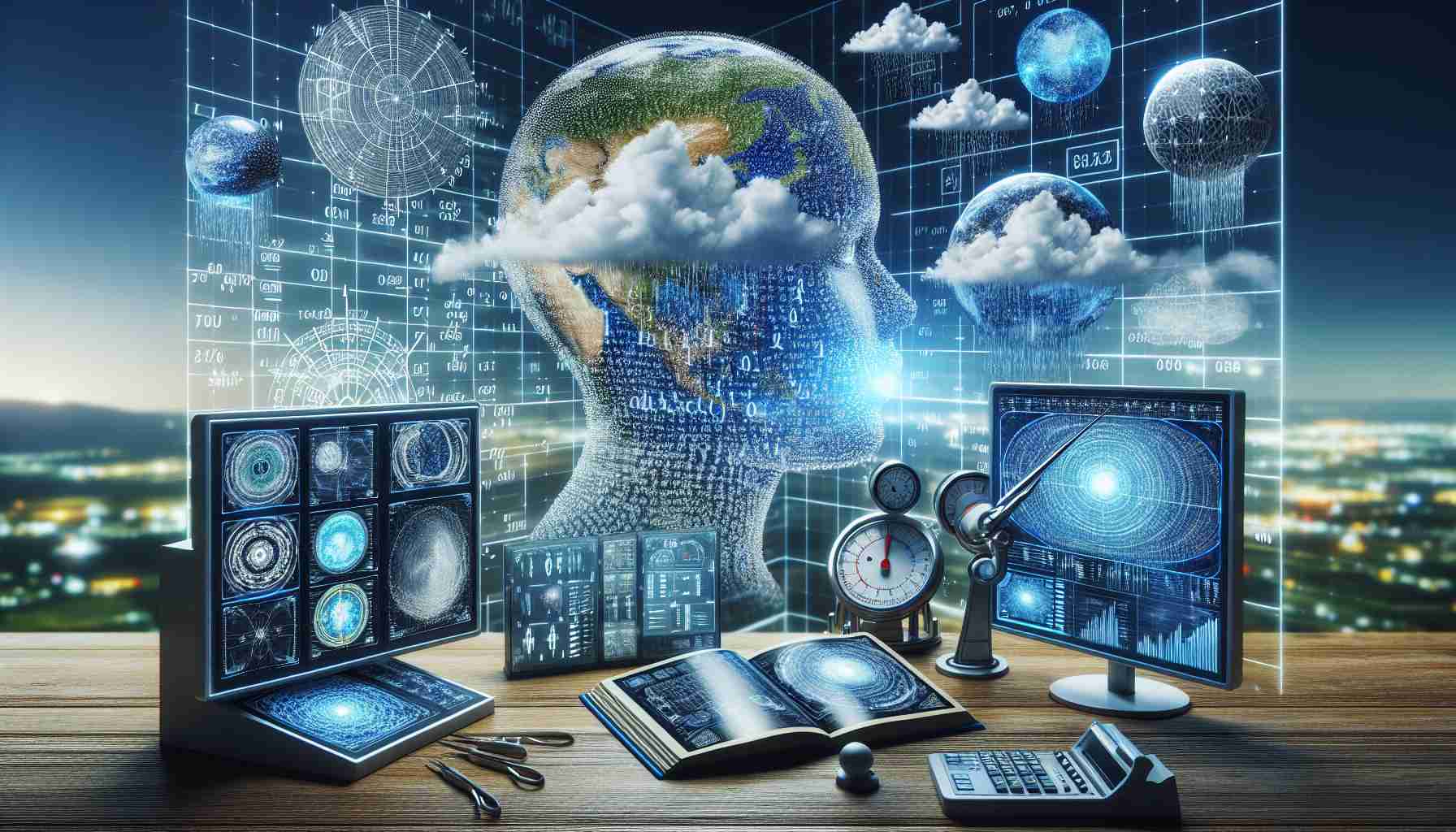Weather forecasting plays a crucial role in our daily lives, from planning outdoor activities to preparing for severe weather events. Currently, human meteorologists working in conjunction with numerical weather models are at the forefront of weather prediction. However, the question arises: will artificial intelligence (AI) eventually surpass humans in this field?
AI has proven its prowess in specialized weather prediction areas like wildfire forecasting. Unlike traditional weather models, AI can be trained with extensive historical data, enabling it to make highly accurate predictions. By leveraging its knowledge of past weather patterns, AI can potentially outperform human meteorologists in selecting the most likely outcomes.
One of the limitations of AI in weather forecasting has been its inability to detect seemingly unexpected but potentially dangerous weather events. Meteorologists often rely on their intuition or “gut feeling” to identify these situations. This is where AI has struggled to match human expertise.
However, recent advancements in AI technology offer promising solutions to this challenge. Machine learning algorithms can be developed to analyze vast amounts of data, including historical weather records and real-time observations, to identify patterns and anomalies. By incorporating these insights into their predictive models, AI systems can improve their ability to recognize and forecast less likely but potentially hazardous weather conditions.
Integrating AI into weather forecasting also offers other benefits. It can significantly speed up the prediction process, enabling faster dissemination of forecasts to the public and emergency response teams. Additionally, AI can assist meteorologists in analyzing complex climate data and generating more accurate long-term climate projections.
While AI may not completely replace human meteorologists, it has the potential to enhance and revolutionize weather forecasting. By combining the analytical capabilities of AI with the intuition and experience of human experts, we can strive for more reliable forecasts, better preparedness, and improved resilience to weather-related challenges. As technology continues to advance, it’s exciting to envision a future where AI and human meteorologists work hand in hand to unlock even greater forecasting capabilities.
Frequently Asked Questions (FAQ) about AI in Weather Forecasting:
1. What role does weather forecasting play in our daily lives?
Weather forecasting is crucial for planning outdoor activities and preparing for severe weather events.
2. How do human meteorologists currently predict the weather?
Human meteorologists work in conjunction with numerical weather models to make weather predictions.
3. Can artificial intelligence (AI) surpass humans in weather forecasting?
There is a possibility that AI could eventually surpass humans in weather forecasting due to its ability to analyze extensive historical data.
4. In what areas has AI proven its prowess in weather prediction?
AI has shown success in specialized areas like wildfire forecasting.
5. What limitations does AI face in weather forecasting?
AI struggles to detect unexpected but potentially dangerous weather events that human intuition can identify.
6. How can AI overcome these limitations?
Recent advancements in AI technology, such as machine learning algorithms, can help analyze vast amounts of data to identify patterns and anomalies, improving the recognition of less likely but hazardous weather conditions.
7. What are the additional benefits of integrating AI into weather forecasting?
AI can speed up the prediction process, enabling faster dissemination of forecasts and assist meteorologists in analyzing complex climate data to generate more accurate long-term climate projections.
8. Will AI replace human meteorologists?
AI may not completely replace human meteorologists, but it has the potential to enhance and revolutionize weather forecasting by combining the capabilities of AI with human expertise.
9. What are the potential outcomes of AI and human meteorologists working together?
By combining AI’s analytical capabilities with human intuition and experience, we can strive for more reliable forecasts, better preparedness, and improved resilience to weather-related challenges.
Key Terms:
– Artificial Intelligence (AI): The simulation of human intelligence by computer systems to perform tasks such as problem-solving and decision-making.
– Numerical weather models: Mathematical models used to simulate and predict weather patterns.
– Machine learning algorithms: Algorithms that enable computer systems to learn and make predictions based on data, without being explicitly programmed.
– Historical weather records: Data documenting past weather conditions.
– Real-time observations: Immediate data collected at the present time.
– Climate projections: Predictions about future climate conditions based on climate models and scenarios.
Suggested Related Links:
– World Meteorological Organization
– National Weather Service
– NOAA Climate.gov
– The Weather Channel
The source of the article is from the blog kewauneecomet.com

